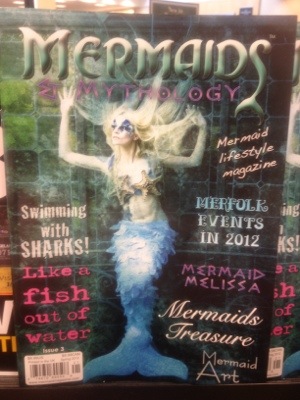I just finished reading In Cold Blood by Truman Capote.
The real triumph of this book, for me, was the structure. We are introduced to the victims and their killers. And then the murders are glazed over in order to delve into the backgrounds of the murderers, to provide glimpses into the effect the murders have on the community and detectives pursuing the case. And then, after humanizing the criminals as well as the detectives and victims, the crimes come to life in vivid and sad detail. Then we follow the murderers all the way to the end of the line–through the trial and beyond.
There’s a very good reason this book is the archetype for true crime. It’s brilliantly put together, with moments of real grief and horror interspersed with a journalistic accounting of the events.
I’m really looking forward to picking up Breakfast at Tiffany’s.


